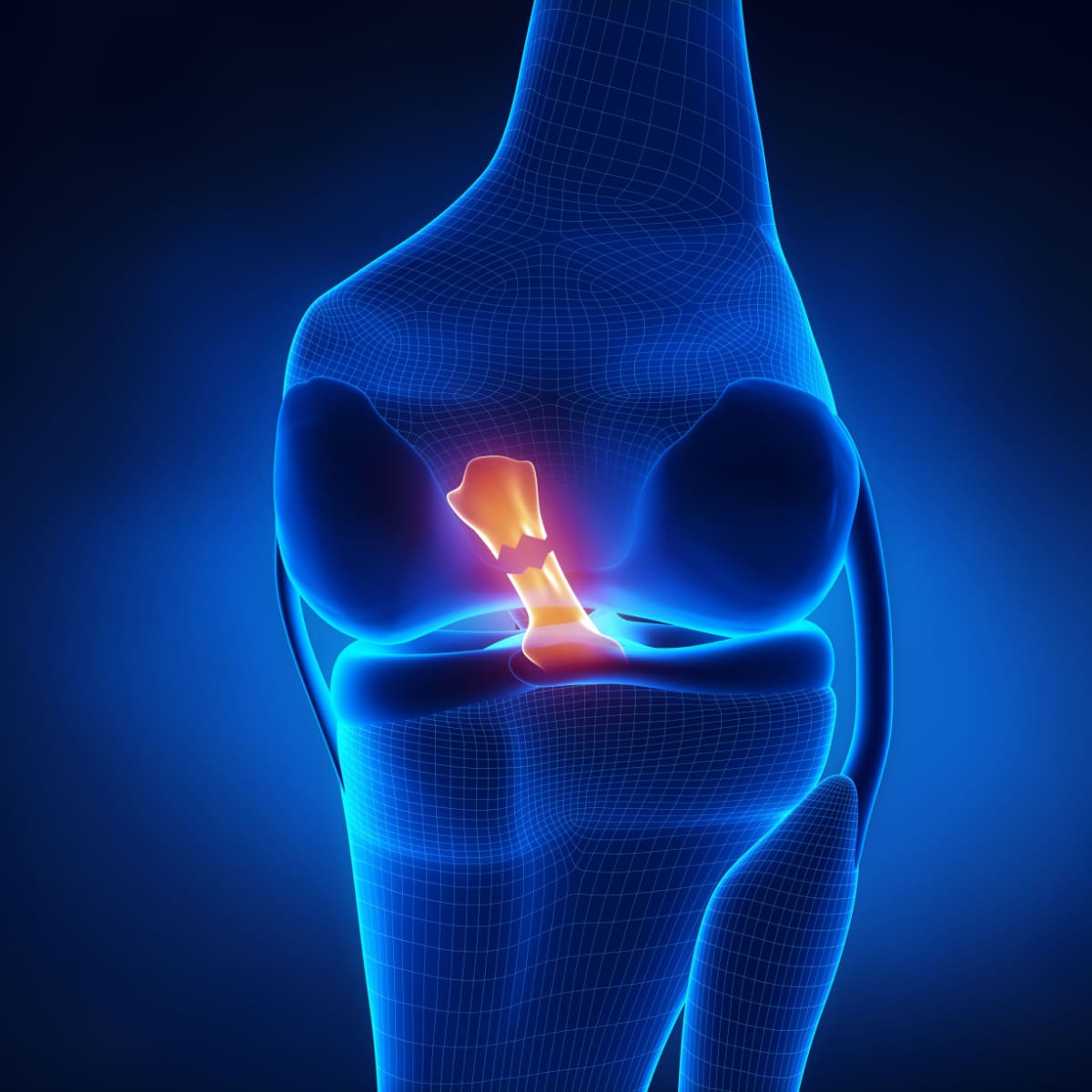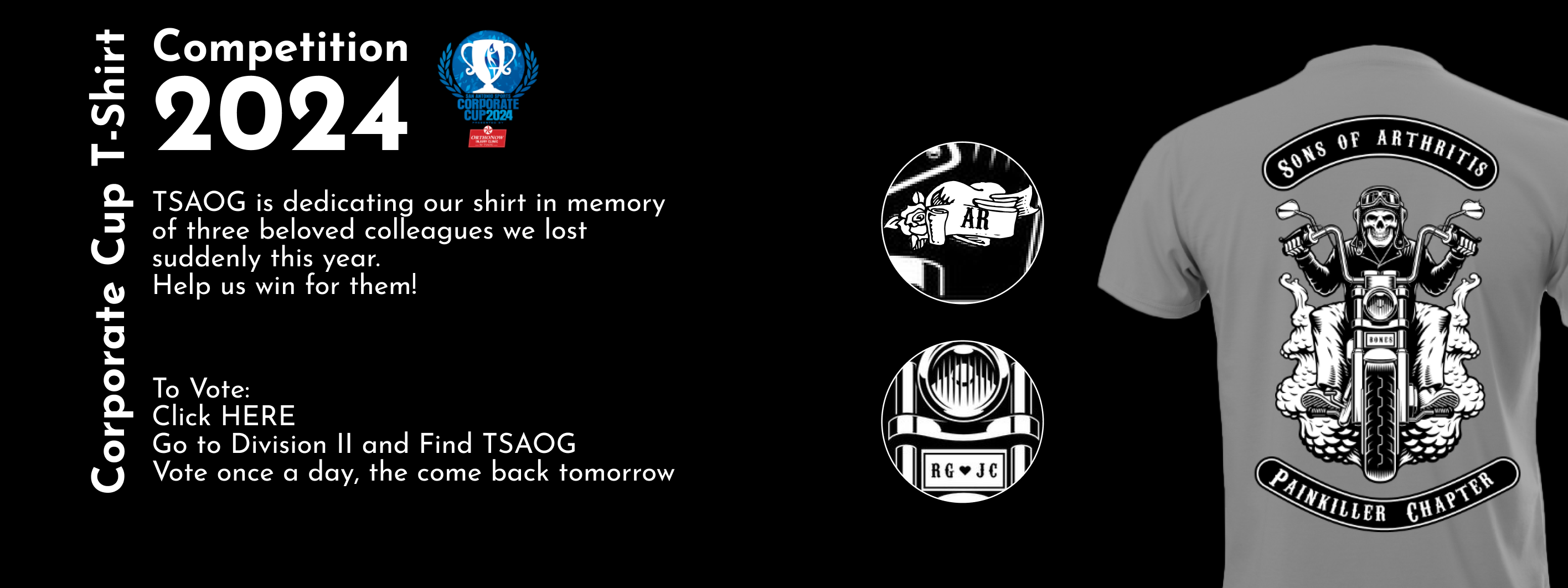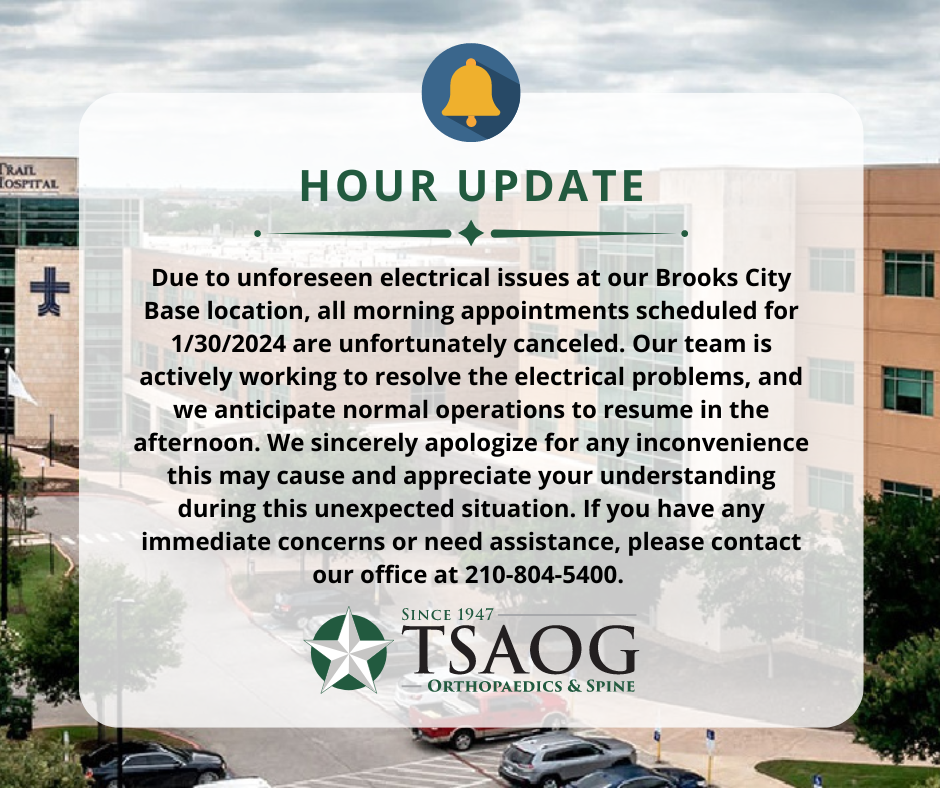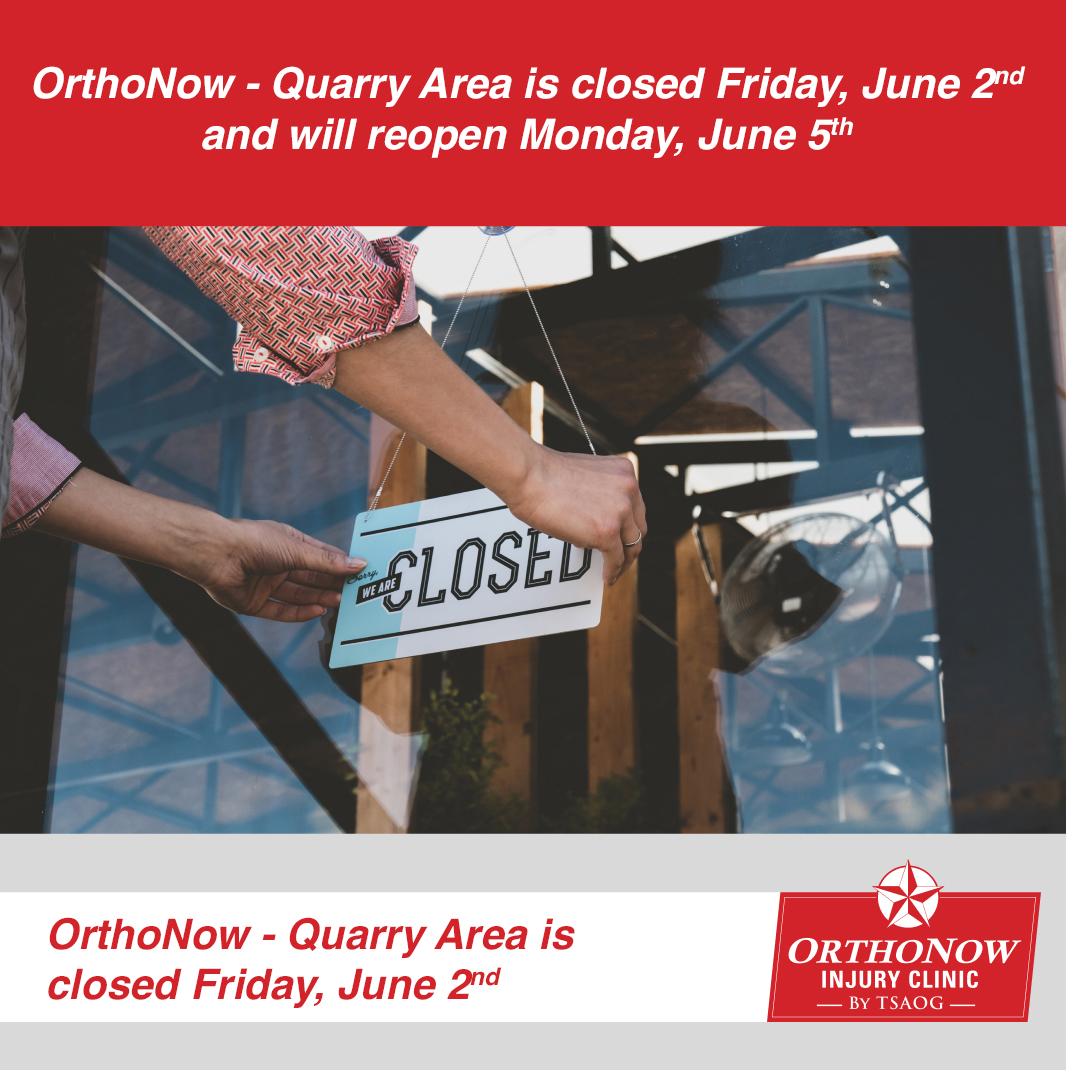The recovery process after a surgery is just, if not, more important than the surgery itself. Especially when it comes to your ACL. The ACL or Anterior Cruciate Ligament is a tissue that connects your shinbone to your thighbone at the knee. Ligament tears are most often caused by sudden or quick twisting motions. Most of these take place in sports such as soccer, football, and basketball. Most patients recover in about six to nine months after surgery. While this recovery time may be longer than some, it is important to follow the directions of your orthopedic surgeon and physical therapist in order to see the best results coming back from an ACL tear.
What to do before ACL surgery
The time before your ACL surgery can be helpful in easing the process of your recovery. Here are a couple tips to take care of beforehand.
Meet with your recovery team
It’s always beneficial to know who you are working with before you start your recovery. Meeting with your physical therapist and discussing your plan after surgery helps to eliminate any confusion that may arise during your recovery process.
Medical equipment
We always recommend getting any medical equipment necessary for helping you walk, shower, rest, or any other activities you may need to do during your recovery. This way you are not stressed or in a rush to get these materials after your surgery.
What to avoid doing after ACL surgery
The time after ACL surgery is very important for healing, but also to make sure that the injury is not reaggravated or the opposite, not used at all. Here are a few things to avoid doing after ACL surgery in order to see the best results during and after your recovery.
Immobilization
The time after your surgery is important to give your body some rest, but not to completely stay off your legs. During this time, most patients should keep up to date with their physical therapy plan in order to see positive results in their recover. Failure to do so may result in a longer recovery process.
Too much physical activity
While it’s good to move around after your surgery, remember not to over-do it. If you feel uncomfortable doing a physical activity outside of your physical therapy plan, consult your orthopedic surgeon or physical therapist to make sure you are not reaggravating the injury.
Not following bracing or support instructions
Since the early stages of recovery have a large effect on your injury, it is important to follow the instructions given to you by your healthcare provider when it comes bracing or supporting your knee. If you are doing physical activity that requires a brace, remember to have it on to protect your knee. Or, if you are resting after exercising, remember to provide proper support by elevating or even wrapping the injury.
Ignoring complications
Sometimes after ACL surgery, complications such as swelling, or pain can be associated with the recovery process. It is important to monitor these symptoms to notice if they get out of hand. If you noticed your knee swelling for longer periods of time or an increase of pain, make sure to consult with your orthopedic surgeon to figure out the best plan of action.
What to do after ACL surgery
Having a physical therapy plan ready
Physical therapy after an ACL surgery is crucial to seeing positive results after recovery. In order to have the best possible results, meet with your physical therapist before your surgery and develop a plan that fits your schedule.
Elevating/icing your leg
Whenever you are not moving, try to elevate your leg with pillows or blankets. This reduces the swelling in your knee and helps regain knee extension. Icing also helps to reduce swelling. The first days after surgery may be some of the hardest, but it is important to apply these techniques to improve your overall recovery as well as alleviate some pain.
Having good nutrition
Good nutrition is always important. Especially while your body is healing. Maintaining your physical therapy plan while also replenishing your body with essential foods from your diet is critical in a strong and successful recovery.
Keeping it positive
An injury like an ACL tear can be very difficult to overcome, physically and mentally. It’s important to keep a positive mindset throughout your recovery and being aware that some days may be easier than others. Staying in communication with your healthcare providers enables you to be vocal about any frustrations or complications that arise.
An ACL tear can be a gruesome injury and difficult to recover from. Whether you are an athlete or not, this injury can be a tough obstacle to overcome. But following these what to do/ what not to dos are important throughout your recovery.
Looking for a ACL Specialist in the San Antonio, TX Area?














